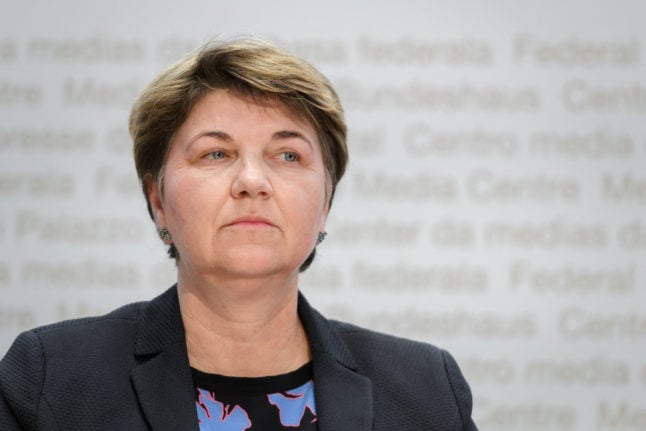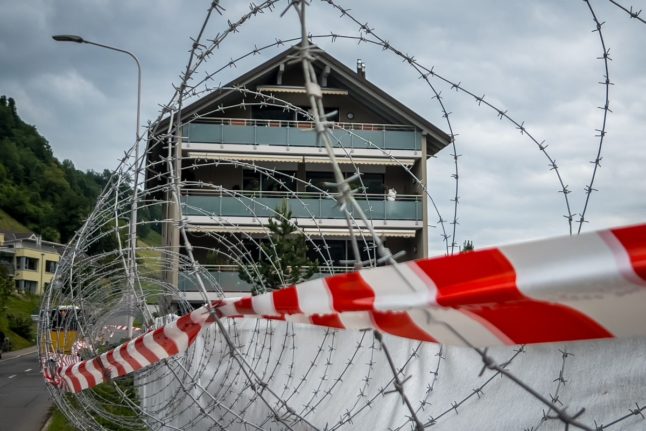The head of the Swiss Government’s Department of Defence, Viola Amherd, told a media briefing in Washington on Friday that Switzerland must strengthen international cooperation, including with the United States.
Amherd, who has been on a five-day working visit to the USA, said that the war in Ukraine is a massive and brutal violation of international law and must not be tolerated. When it comes to fundamental principles such as freedom, democracy, and the right to self-determination, Switzerland must work more closely with like-minded countries including the US, Amherd said.
READ ALSO: OPINION: Switzerland’s neutrality not immune to impacts of Ukraine invasion
The Swiss politician also discussed how the security environment in Europe has changed following Russia’s invasion of Ukraine with Deputy Defense Secretary Kathleen Hicks. Hicks reiterated that the US strongly supports the sale of 36 F-35 fighter aircraft and five “Patriot” ground-based air defence systems to Switzerland.
Today I met w/ @vbs_ddps Federal Councillor Viola Amherd- we agreed to deepen cooperation on cyber security, discussed increasing #'s of women in the military services, Nat'l Security concerns caused by climate change, & U.S. support for F-35 acquisition. https://t.co/3yWIoqQpqu pic.twitter.com/46MF54I1at
— Deputy Secretary of Defense Dr. Kathleen Hicks (@DepSecDef) May 13, 2022
The deal, she said, builds on a successful security partnership between the US and Switzerland that has lasted for decades, and not only enhances Switzerland’s defence capabilities but also increases interoperability and cooperation with other European partners and the United States.
Amherd also said that Switzerland can and should move even closer to NATO.
“We still have some room for manoeuvre, even within the framework of neutral law, which allows us to cooperate more closely with NATO and also with our European partners,” Amherd said.



 Please whitelist us to continue reading.
Please whitelist us to continue reading.
Member comments